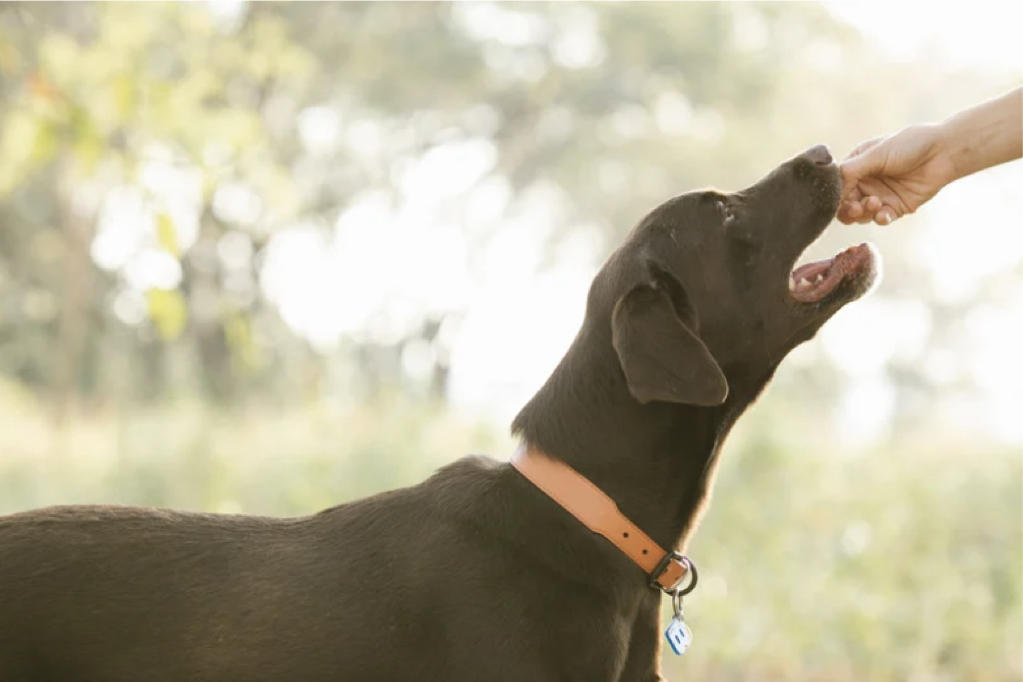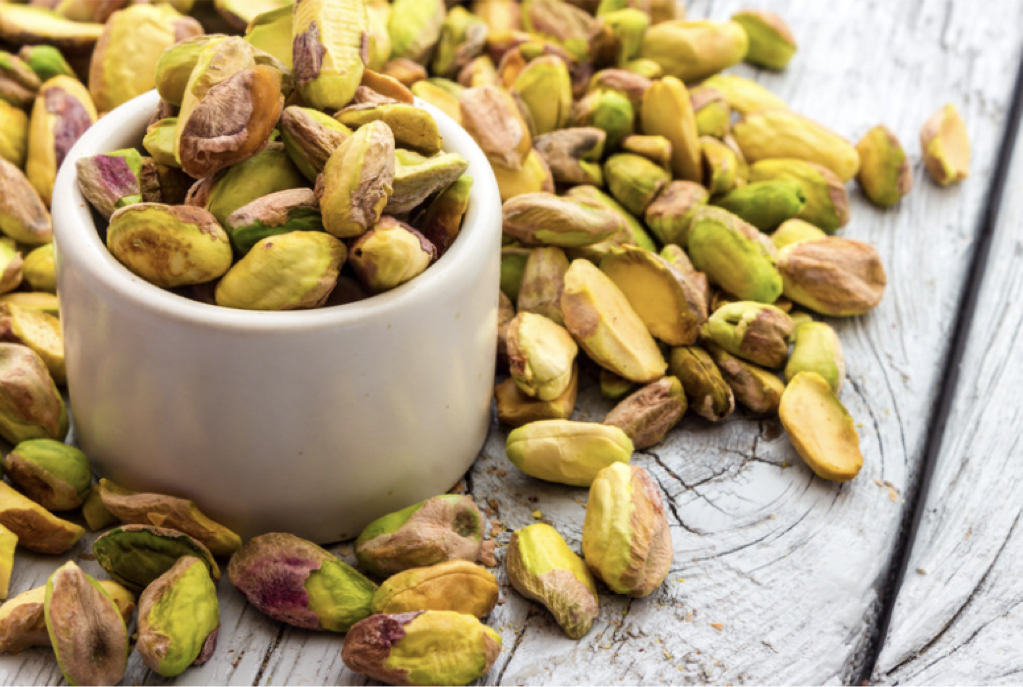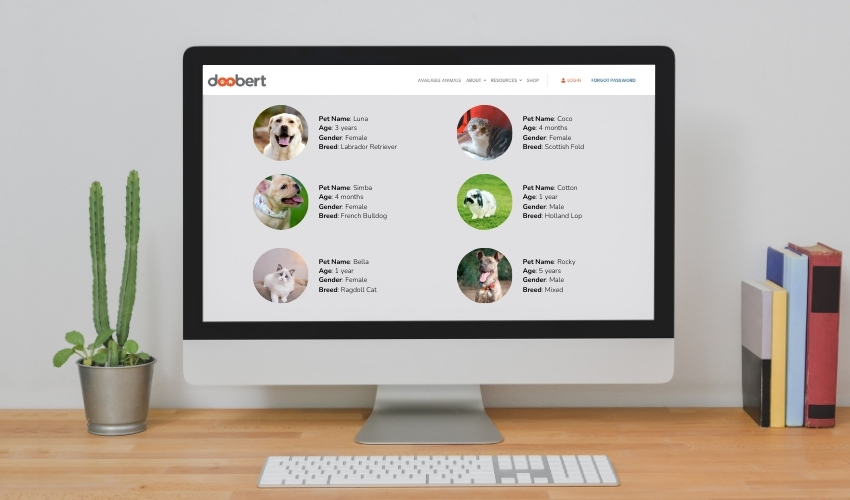Pistachios are a common healthy snack for humans. And many times, we want them to try and feast on them too. While your dogs would also enjoy pistachios, there are some things to know and remember when feeding them to your furry little friends.
Pistachios for Dogs
If you’re asking, “can dogs eat pistachios?” the answer is yes. Like most other nuts, pistachios are not toxic to dogs. These nuts are packed with nutrients beneficial to dogs, such as:
- Protein – helpful for maintaining healthy muscles and bones
- Fiber – helps regulate digestion and promote regular bowel movements
- Antioxidants – support the immune system and help fight off free radicals that cause aging and disease
- Potassium – promotes normal nerve and muscle function and supports heart health
- Zinc – supports proper growth and development in puppies and helps build a strong immune system in adult dogs
- Vitamin B6 – helps maintain healthy skin and coat and keeps the immune system strong
- Vitamin E – helps keep the immune system strong and aids the body’s natural healing process
- Calcium – supports healthy bones and teeth
- Iron – promotes red blood cell production and increases energy levels
When fed in moderation, pistachios are a nutritious treat for dogs that taste great and are easy for them to chew on.
Potential Dangers of Pistachios for Dogs
Despite the health benefits of pistachios listed above, some experts suggest keeping these nuts away from your pets to avoid potential health problems. Here are a few things to keep in mind when deciding whether to feed pistachios to your dog:
- Pistachio shells are a choking hazard to your dog and may cause gastrointestinal obstruction.
- Some dogs may have an allergic reaction to pistachios if accidentally ingested. Contact your veterinarian if you notice any signs of allergies, including hives, diarrhea, vomiting, difficulty breathing, or seizures.
- Too much protein from pistachios or other high-protein foods can cause health issues for dogs with kidney problems or diabetes.
- Pistachios also have high-fat content, which can cause weight gain and even pancreatitis in some dogs. If you give your dog pistachios, make sure to give them in moderation and monitor their health for any adverse reactions.
- Salted and flavored pistachios also contain sodium at dangerous levels, along with other seasonings. Feeding too much salt to your dogs can cause sodium ion poisoning and lead to severe health problems and even death.
Another Danger: Pistachio Poisoning
Pistachio Poisoning is a serious risk for your pet. It happens when low-quality pistachios or those not stored and sealed correctly develop the dangerous mold Aspergillus. This specific type of mold produces aflatoxin, a highly toxic substance that is extremely harmful to your pet’s liver when ingested.
Symptoms of pistachio poisoning include vomiting, diarrhea, weight loss, fever, weakness, loss of appetite, jaundice, and red eyes. If you notice any of these symptoms in your pet, take them to a veterinarian immediately for treatment.
They may also need to receive supportive therapy to relieve the symptoms of toxicity. Treatment for pistachio poisoning may include hospitalization and medications to reduce the absorption of aflatoxin in the intestines and remove toxins from the body. Fortunately, most pets fully recover after treatment with appropriate veterinary care. However, some animals may develop severe complications due to the poisoning that can be fatal if not treated quickly.
Feeding Pistachio Nuts to Your Dog

Given the dangers of pistachio to dogs, many people hesitate to feed them to their furry friends. However, there are some safe and healthy ways to feed pistachios to your dog.
First is to avoid buying cheap pistachios. And once you buy some, make sure to store them in an airtight container if you’re not planning on eating them right away. Moreover, remove the shells or buy no-shell pistachios if you’re feeding some to your pooch. This will make it much easier for your dog to digest the nuts and prevent choking. You can also soak your pistachios in water overnight to make them more digestible for dogs. The next thing to remember is to avoid salted or flavored pistachios and opt for plain ones instead to avoid the harmful effects of added salt and seasonings on your dog’s health.
Most importantly, always supervise your dog when eating pistachios to ensure they don’t have any allergic reactions to them. Most dogs don’t have adverse reactions to pistachios, but there is always a chance that certain dogs could have an allergy to them and be at risk for severe reactions such as vomiting and diarrhea. Additionally, only feed a small amount of pistachios to your dog at a time to reduce the risk of them overeating and getting sick.
Overall, you should have no problem feeding pistachios to your dog as long as you take them in moderation and follow the above guidelines.
Takeaway
As with all other human snacks, always feed your dog in moderation and closely observe them for any adverse reaction. If you notice severe reactions, such as vomiting and diarrhea, seek veterinary care immediately.















